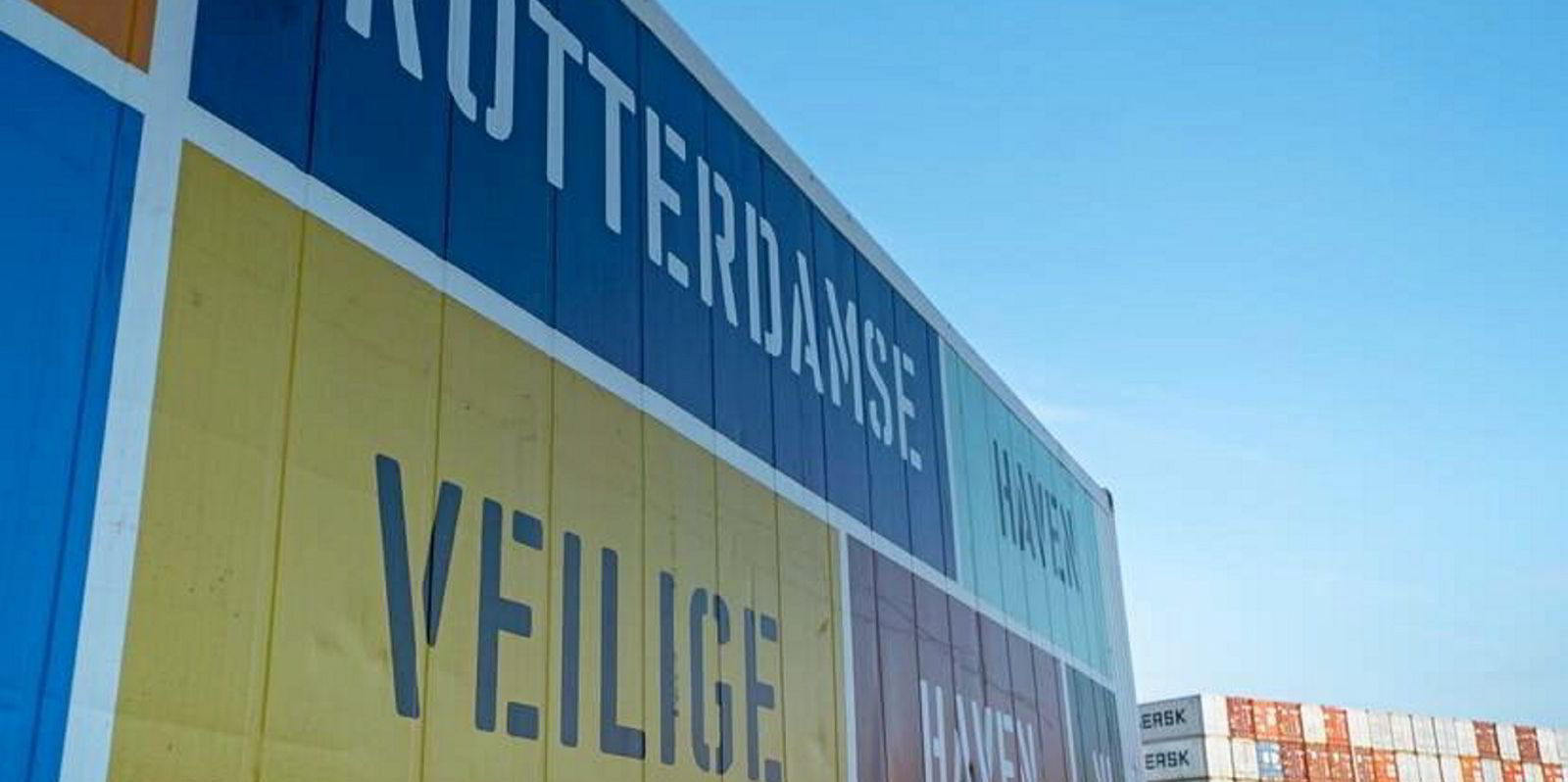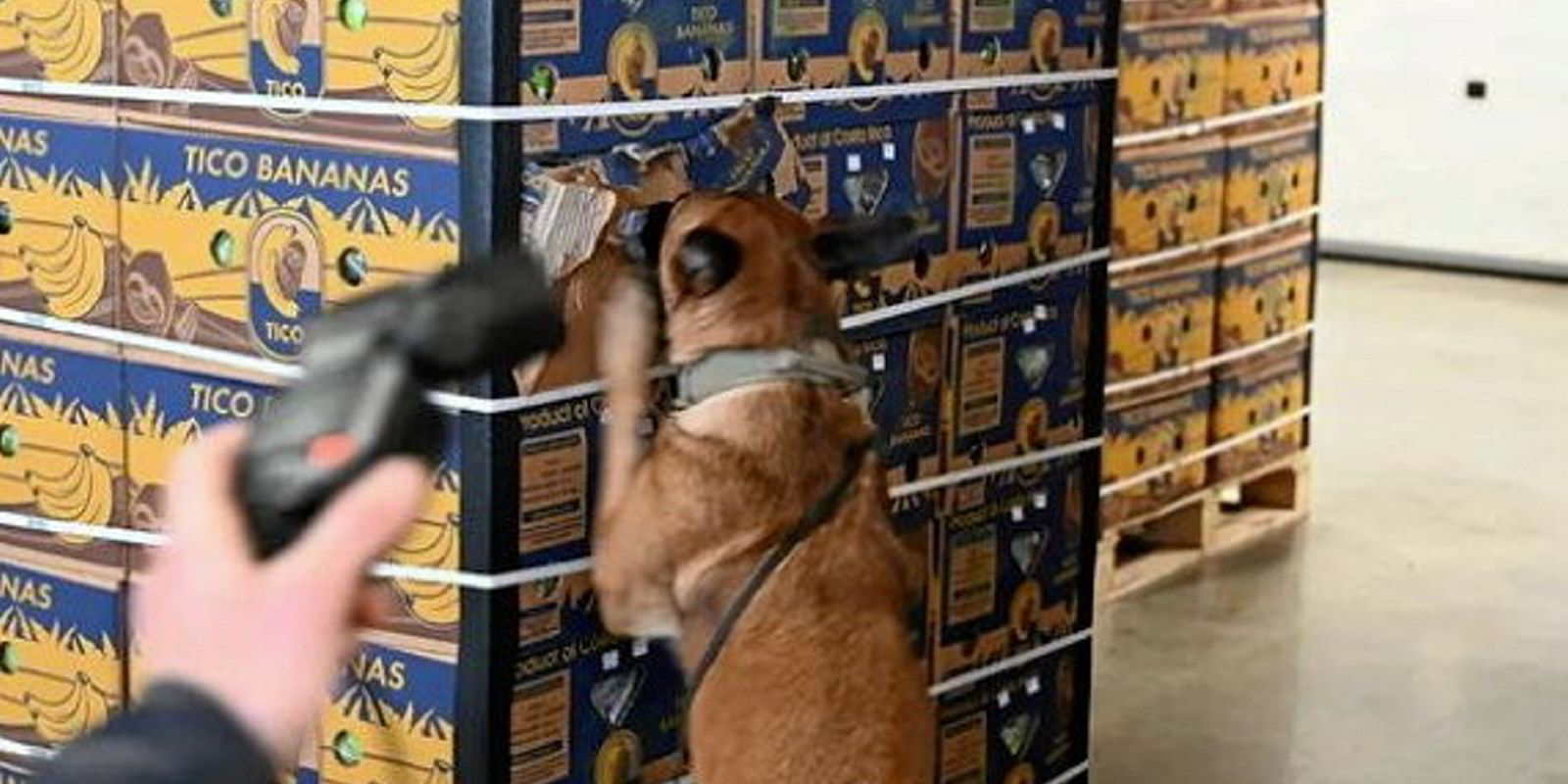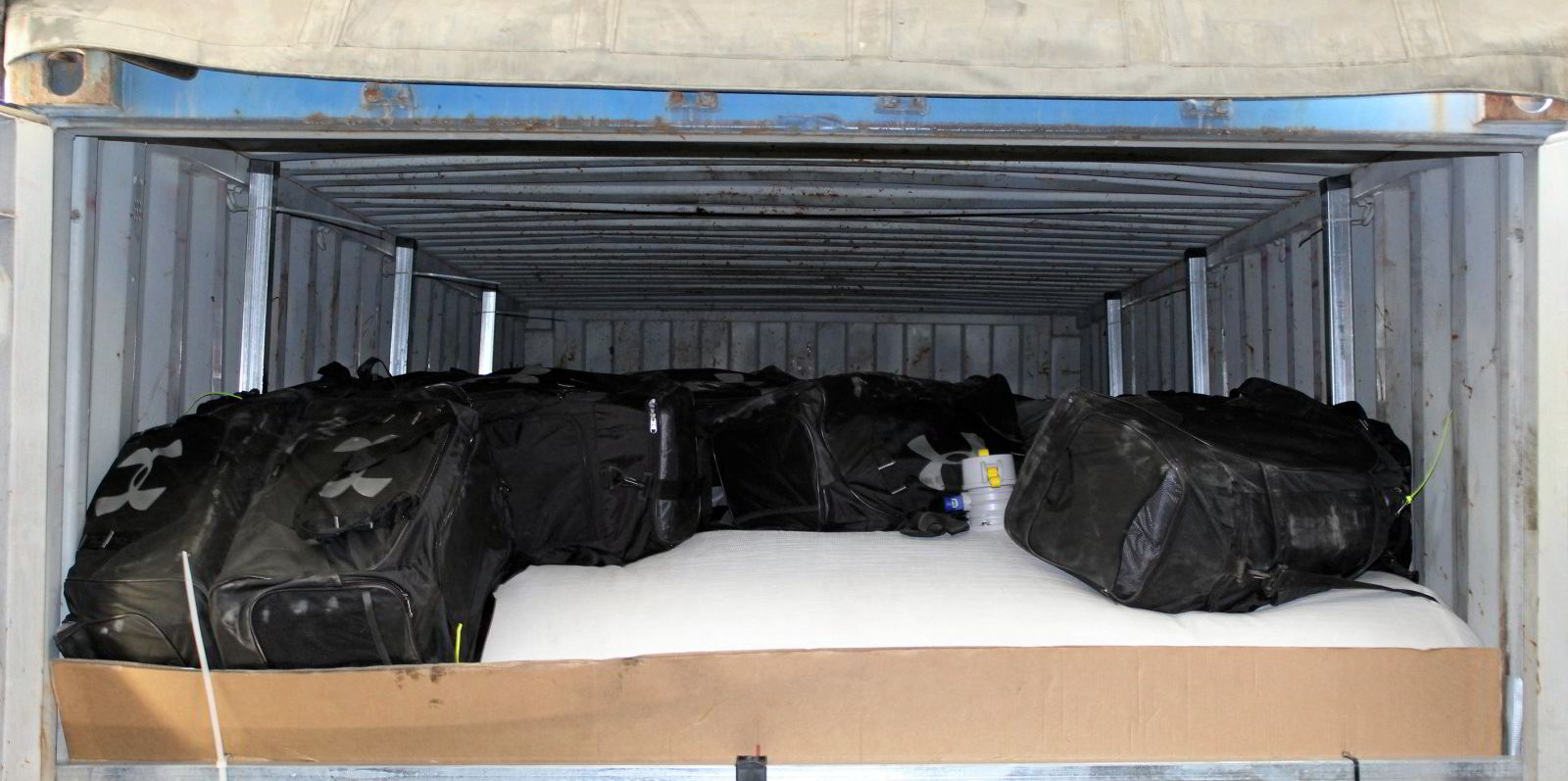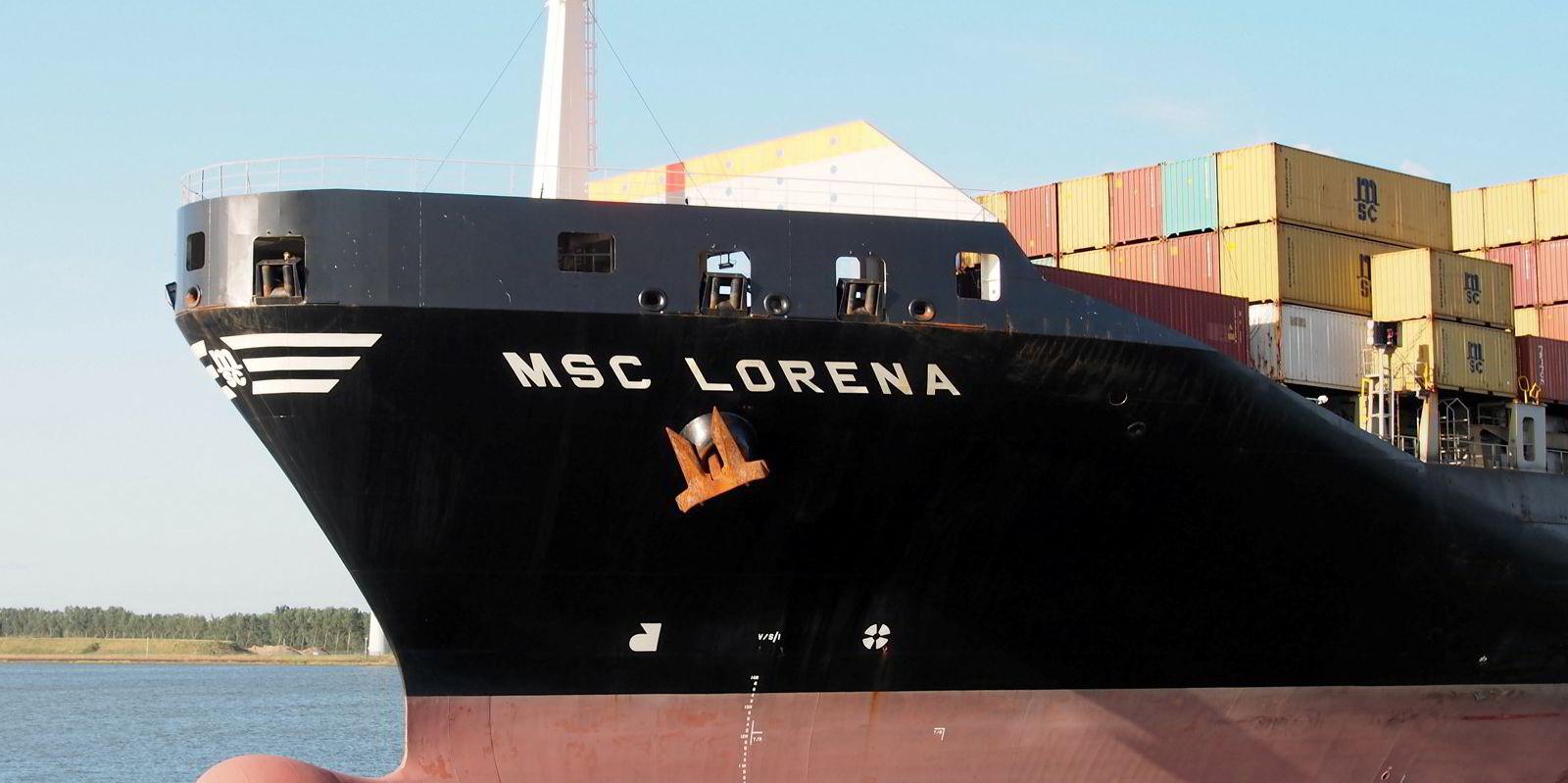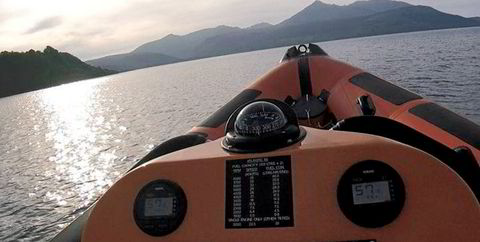Five container liner operators have vowed to boost cooperation with Belgium and the Netherlands to help stem a narcotics tide swamping the ports of Antwerp-Bruges and Rotterdam.
The two governments signed a joint “declaration on the fight against cross-border organised drug crime” on 17 February in Antwerp with MSC Mediterranean Shipping Company, CMA CGM, AP Moller-Maersk, Hapag-Lloyd and Seatrade Group.
The signatories committed to exchange information, adopt best practices and review progress in annual meetings.
Record drug hauls and an outbreak of street violence have raised public awareness about Antwerp and Rotterdam as major entry points for trafficking into Europe.
A record 160 tonnes of cocaine was seized in the two ports combined last year, the overwhelming share in Antwerp. Some residents of the Belgian city have even called for the army to intervene.
But politicians have chosen to enlist the support of big liner operators instead.
“Shipping companies … have a lot of information about countries where many drugs come from,” said Aukje de Vries, Dutch secretary of state for finance & customs.
“That is why we are going to exchange more information so that customs services can check in an even more targeted way and increase the chances of a catch.”
The eight-point document makes particular mention of using IT to help fight smugglers.
Future talks will focus on “how and where smart seals, smart containers, container tracking or similar technical applications can be introduced incrementally, starting with cargo originating from source and transit countries,” it says.
“Digital rights and biometrics” will be another way to handle sensitive information and secure containers.
At the same time, background checks are to be gradually introduced for “high-risk individuals in certain positions with shipping companies, their local offices and shipping agencies”.
Review process
The latter point seems to be addressing recent media criticism of MSC having been “infiltrated” by a Balkan drug cartel in the case of the 11,562-teu MSC Gayane (built 2018) — a term the company has dismissed.
The “stricter human-resources policy” goes hand in hand with a code of conduct barring unauthorised persons from gaining access to vessels and port facilities.
The five big liners will also cooperate with a Dutch and Belgian initiative at the International Maritime Organization to expand the scope of the International Ship & Port Facility Security Code.
Follow-up and implementation mechanisms are to be jointly developed and reviewed every six months. Progress will also be reviewed at annual high-level meetings.
On the other hand, the lines managed to insert a clause in the text, stating that the declaration “does not create any rights or obligations under international law”.
The Low Countries do not count on shipping lines alone to help solve the problem.
Belgium and the Netherlands pledged last month to boost their drug-busting capacities.
Antwerp port will hire more than 100 people and buy new gear to scan containers more thoroughly. Dutch customs, by contrast, put the emphasis on investing in artificial intelligence, chemical detection, container tracing and “the creation of technical barriers”.
The liner operator officials who signed the document were MSC chief operating officer Claudio Bozzo and his counterpart at Hapag-Lloyd, Maximilian Rothkopf, CMA CGM senior vice president of operations Franck Magarian, Maersk vice president Tanuj Luthra and Seatrade director Menno Van Gorcum.
